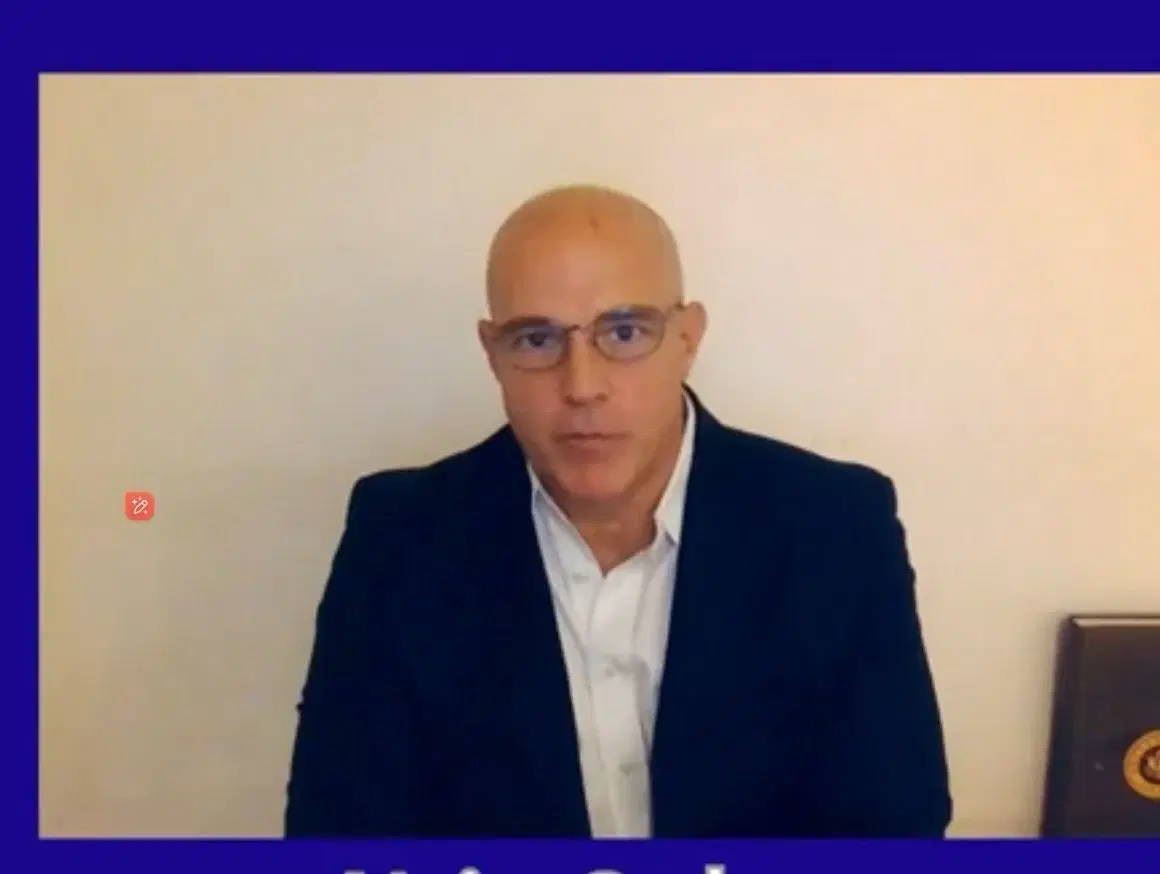

Video Above: Army Engineers More Lethal & More Explosive Fragmenting Artillery, Missiles
(Washington, D.C) As the Army’s Optionally Manned Fighting Vehicle competition heats up moving into the next phase, the service is reviewing a number of industry proposals to make a decision about which armored combat vehicle builders should be given deals to build prototypes.
While the Army does not announce the competitors, the field naturally includes some of the largest and most well known weapons developers. One team, interestingly, is an interesting industry conglomerate looking to synergize the best in German armored vehicle engineering with world-leading U.S. combat vehicle expertise and production capacity.
Rheinmetall OMFV Lynx Team
American Rheinmetall Defense is the U.S. extension of Germany’s Rheinmetall defense, a well known combat vehicle leader responsible for contributing to the Leopard tank and Puma Infantry Fighting Vehicle.
Led by Rheinmetall, the “Lynx” team is building a distinct U.S. “variant” intended to align specifically with U.S. Army requirements. While based upon Rheinmetall expertise, the vehicle will incorporate major U.S. industry participation and emerge as an entirely new “U.S. variant” of the Lynx. The Rheinmetall team includes Raytheon, Textron, L3Harris and Allison Transmission.
Building on Rheinmetall’s manufacturing experience, Team Lynx will manufacture the OMFV structure and assemble and test the U.S. Army’s OMFV at the Textron Systems manufacturing facility in Louisiana.
 Lynx infantry fighting vehicle
Lynx infantry fighting vehicle“Our land vehicle production facility in Louisiana, where we have about 158,000 square feet of total manufacturing space with an additional 30,000 square feet of onsite warehousing, has been used to manufacture over 10,000 vehicles. The facility includes end-to-end vehicle testing tailored to meet program requirements.” Clark Lindner, Director of Global Military Sales, Strategy, Textron Systems, told The National Interest.
Textron Systems
Known for producing the operational Armored Security Vehicle for the U.S. Army, Textron Systems developers say they are also drawing heavily upon their experience engineering and manufacturing unmanned aerial systems such as the Shadow ® for the U.S. Army and more recently, their participation in the RCV Medium program.
Naturally, the RCV Medium program is heavily focused upon autonomy and manned-unmanned coordination, something likely to figure prominently in the developmental process.
Allison Transmission
Allison Transmission, which has more than 3 million square feet of manufacturing facilities in the U.S., manufactures transmissions for the Army’s Abrams tank, Mobile Protected Firepower vehicle, Joint Light Tactical Vehicle, and has been manufacturing electric hybrid propulsion systems for commercial markets since 2003.
“We have a large presence in Indiana and the partnership with Team Lynx represents a new product development opportunity that takes advantage of Allison’s considerable manufacturing capability and technical expertise,” Dane Rodgers, Director of New Product Development, Allison Transmission, told The National Interest.
The Lynx will be equipped with Allison’s Next-Generation Electrified Transmission to provide the benefits of reduced detection by the enemy and increased soldier survivability.
“We are not only anticipating new product development opportunities, but we’re talking about a transformation of a workforce that becomes far more digital and allows for faster cycles integrating new capabilities onto the vehicle so they can stay competitive against threats,” Rodgers added.
The Lynx team has emphasized the need to engineer a vehicle suited for the immediate need of the warfighter and also to optimize the vehicle’s design configuration, sensing, weapons performance and computing technologies to be ready to respond to future threats. The concept, all participants say, is to engineer a vehicle that is ready and easily adaptable for necessary growth with the knowledge that major power adversaries will be moving quickly to try to outpace the U.S., and Lynx must be able to keep up, developers say.
 U.S. Army OMFV Lynx
U.S. Army OMFV LynxModernizing U.S. Manufacturing
In carrying out this developmental work, Rheinmetall developers explain they will naturally draw upon and evolve their substantial experience in building armored combat vehicles, such as tanks and infantry carriers. Mike Milner, Director, Business Development and Strategy, American Rheinmetall Vehicles said “the U.S. Lynx will draw upon some of the most recent innovations and combat vehicle developments in Europe and combine that experience with considerable U.S. expertise.”
There are many facets, plans and technical nuances to the Lynx team’s industrial approach, to include U.S. production and technology development. The project will entail the introduction of a vast number of new U.S. engineering, science and manufacturing jobs, as well as a decided developmental emphasis upon bringing new opportunities in modeling, simulation and digital engineering.
Rheinmetall is also looking at other U.S. production expansion opportunities as part of the OMFV program. “As we continue throughout the program, and different contracts are awarded, this does allow us the opportunity to expand the supply base into other areas and additional locations within the U.S., very similar to what we have successfully implemented in Australia and Hungary,” Milner said.
Overall, the large team of industry players seeks to engineer a vehicle in alignment with Army requirements, expand into new modernized U.S.- based manufacturing facilities to create new jobs, and build a vehicle of unique value to the Army. An extraordinary effort is likely needed, given that the OMFV is drawing a large number of industry competitors.
-- Kris Osborn is the President and Editor-in-Chief of Warrior Maven and The Defense Editor of The National Interest --
Kris Osborn is the President and Editor-in-Chief of Warrior Maven and the Defense Editor of the National Interest. Osborn previously served at the Pentagon as a Highly Qualified Expert with the Office of the Assistant Secretary of the Army - Acquisition, Logistics & Technology. Osborn has also worked as an anchor and on-air military specialist at national TV networks. He has appeared as a guest military expert on Fox News, MSNBC, The Military Channel, and The History Channel. He also has a Masters Degree in Comparative Literature from Columbia University.


